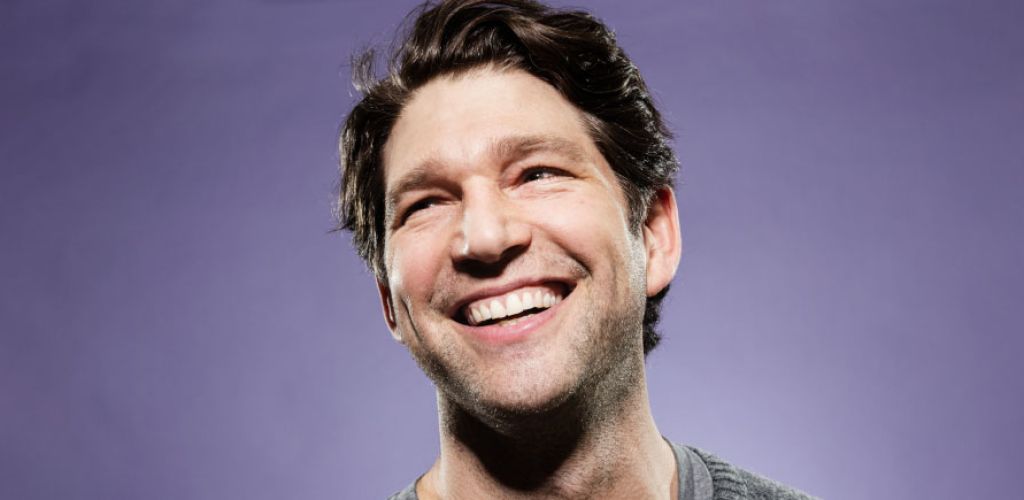
Inspiring Alumni | Dr. David Laskin '95
By: Steve Hanulik, Contributing Writer
Respect | for ourselves, others, and the earth as a fundamental commitment to how we live our lives.
With a career that has taken him from studying gray whales on the west coast to grizzly bears among the peaks and valleys of the Rocky Mountains, Dr. David Laskin ’95 has witnessed proof of this statement firsthand. As a wildlife ecologist with Parks Canada, he studies not only the immensely complex patterns of nature across landscapes, but also the impact that climate change is having on those patterns. The ability to adapt and evolve applies just as much to his day-to-day job as it does to the natural world.
“Traditionally in the national parks we had district wardens that possessed a unique ensemble of skills. They would be fighting a forest fire one day, and then trapping bears or arresting poachers the next. These days it’s still similar in the park, where we undertake research and monitoring projects to inform our hard-skills like traversing the backcountry on skis, foot, or horseback. All these skills are seemingly unrelated but they all work together to make you resourceful and versatile. That’s one of the benefits students glean from the Strathcona-Tweedsmuir School (STS) curriculum and ethos.”
“STS taught me how to learn, how to explore, both in the classroom and out,” he continues. “These go hand-in-hand, especially in the realm of ecological research which often has a field component. STS provides you with the tools to be an independent learner, to pursue your inquisitiveness and your sense of adventure at the same time…and fortunately, unlike the backpacks we had to carry in Outdoor Ed, knowledge weighs nothing.”
Adventure and curiosity, inspired and cultivated by STS, is what led David to earn his BSc from the University of Victoria, and his Master’s degree and PhD from the University of Calgary. It was during his Master’s studies that he found himself working with the UVic whale lab exploring how gray whales use habitat in Clayoquot Sound. He was also awarded a Vanier Canada Scholarship, our country’s top PhD award, for his research into the effects of climate warming on forest ecosystems in Alberta.
After spending several years as both a student and researcher, David’s career now sees him applying his knowledge and experience in yet another role — inspiring stewardship. “A big part of our job is education. We have millions of people coming from all over the world to enjoy the mountain parks, but many of them know little about our wildlife. You sometimes have to take a moment and explain that it’s better to keep driving past that bear grazing in the ditch so it can eat without being stressed. We are often the interface between visitors and wildlife and work hard to balance maintaining ecological integrity with providing a quality experience for visitors — it’s great, you get to meet people from all over the world”.
Now a resident of Canmore, David leads the wildlife team in the western portion of Banff National Park, as well as Yoho and Kootenay National Parks. He’s immensely grateful to be able to work amid this majestic wilderness. “It’s also such a privilege to live here in the mountains that we would explore on school trips, they’re still just as beautiful.
“Things that do well in nature have variability in their populations — this is what makes species adaptable. Similarly, having a broad foundation of different skills makes you adaptable as well."